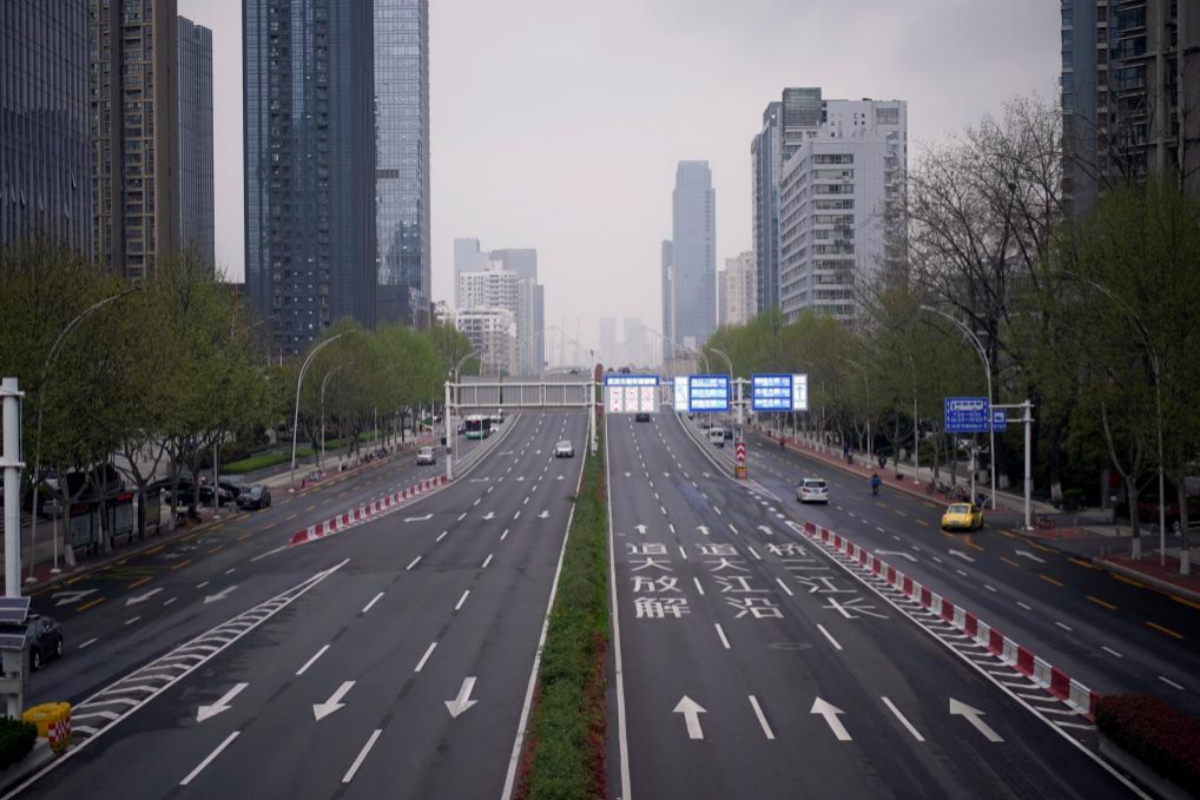- Direct: last minute of the coronavirus
- Wuhan: Villagers question official death toll from coronavirus
- Coronavirus: symptoms, treatment and how to avoid contagion
China's decision to close Wuhan City, the coronavirus pandemic ground zero, may have prevented more than 700,000 new cases of the disease by delaying the spread of the virus, several researchers said on Tuesday.
The drastic control measures taken by China in the first 50 days of the epidemic gave other cities in the country valuable time to prepare and implement their own restrictions, according to a study by researchers from China, the United States and the United Kingdom , published in the journal Science.
By day 50 of the epidemic - February 19 - there were 30,000 confirmed cases in China, said study author Christopher Dye of the University of Oxford .
"Our analysis suggests that without the travel restriction on Wuhan and the national emergency response, there would have been more than 700,000 confirmed cases of Covid-19 outside of Wuhan by that date," he was quoted as saying in a statement.
"Chinese control measures appear to have worked by successfully breaking the chain of transmission , preventing contact between infected and susceptible people," he added.
The researchers used a combination of case reports, public health information and remote tracking data from mobile phones to investigate the spread of the virus.
The phone tracking gave a new and "fascinating" stream of data, said another study author, Ottar Bjornstad , a professor of biology at Penn State .
The time period they studied included two of China's major festivities, the Spring Festival and the Lunar New Year.
The researchers "were able to compare travel patterns to and from Wuhan during the outbreak with mobile phone data from two previous spring festivals," Bjornstad said.
"The analysis revealed an extraordinary reduction in movement after the travel restriction on January 23, 2020. Based on these data, we were also able to calculate the probable reduction in cases associated with Wuhan in other cities in China," he explained.
The closure of Wuhan delayed the arrival of the virus to other cities, the model showed, giving those towns time to prepare by banning meetings and canceling entertainment activities, among other measures.
Almost half of the world's population has now been urged to stay home to slow the spread of the virus, and quarantines and closures of territories have been rapidly normalizing .
But when Beijing ordered the closure of Wuhan more than two months ago, the decision was seen as a dramatic instance in the fight against the disease.
With the gradual lifting of restrictions on the city and life getting closer to normal, the question for China - and many other countries - is what will happen once the movement resumes .
"We are fully aware that local or imported infections could lead to a resurgence of transmissions," said another of the report's authors, Huaiyu Tian , a professor of epidemiology at Beijing Normal University .
According to the criteria of The Trust Project
Know more- Wuhan
- China
- international
- Coronavirus
- Covid 19
HealthChina registers a single new local spread of coronavirus, but counts 20 imported
CoronavirusChina achieves its lowest number of infected: 44 in one day
Cononavirus Boomerang effect: when the virus goes from Spain to China

